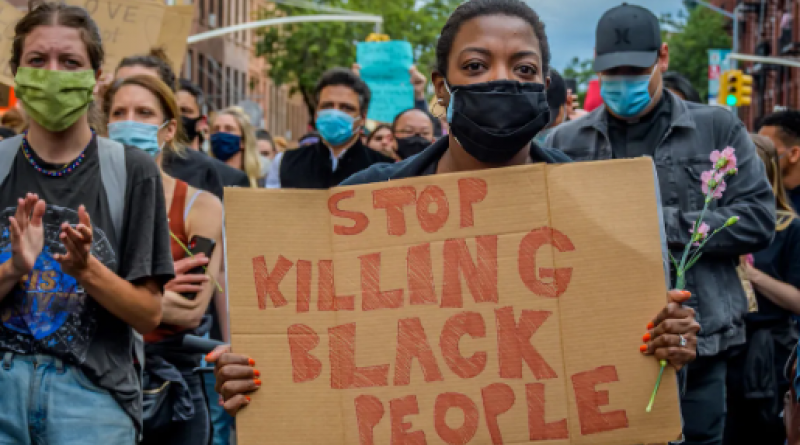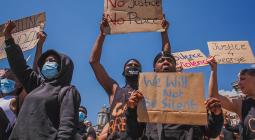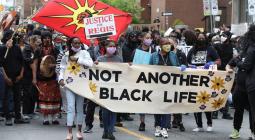Movement Grows to Declare Racism a Public Health Emergency.

In the wake of nationwide protests sparked by police and vigilante murders of African Americans, as well as a pandemic that has disproportionately impacted Black and Hispanic communities, cities, counties and states across the country are moving to declare racism a public health emergency.
Milwaukee, Wisconsin was the first U.S. city to make such a declaration in 2019, and more than 20 other counties and cities have followed suit, according to PEW. Legislation is pending on the state level in Ohio and Michigan, The Guardian reported. The movement is gaining momentum in response to the new coronavirus and weeks of racial justice protests, but builds on decades of evidence that racism harms the health of African Americans.
"Racism is a pandemic just like Covid-19 is a pandemic," pastor Samuel Casey, a community activist who helped pass a declaration in San Bernardino, California, told The Guardian. "But we've been dealing with the coronavirus for, what, four months? We've had systematic oppression for 400-plus years."
The statistics prompting the declarations are alarming, PEW pointed out. The life expectancy of African Americans is four years below the U.S. average. Black women are up to four times more likely than white women to die in complications related to pregnancy and Black men are more than two times more likely than white men to be killed by police. These disparities have been driven home by the spread of COVID-19, which is killing African Americans at 2.3 times the rate it kills Asian and white Americans, according to the most recent figures from the APM Research Lab.
Racism drives these different outcomes in a number of ways. One major factor is environmental racism: housing discrimination means minority communities are more likely to be exposed to toxic or carcinogenic chemicals in their air and water, The Guardian pointed out. But the experience of racism itself can also deteriorate the health of those targeted by it, as FXB Center for Health and Human Rights at Harvard director Mary Bassett told The Guardian. Discrimination-induced stress has been linked to more rapid development of heart disease generally and to chronic low-grade inflammation in Black women. Some scientists think the lifelong experience of racism speeds up aging through a process called "weathering."
"Of course, the answer to all this is not sending everyone on a yoga retreat – though that wouldn't be so bad. We still need to address the structural issues," Bassett said.
While these issues long predate recent events, the disease and the protests have opened a window for action.
In Cleveland, Ohio for example, city officials introduced the resolution in early March.
"Getting support for this sort of legislation isn't easy … Now, everybody is on board," Cleveland council member Basheer Jones, who introduced the legislation, told The Guardian.
One politician recently moved to action was Boston Mayor Marty Walsh, who declared racism a public health crisis Friday, as NPR reported. He pledged to transfer $3 million from the city police department's overtime budget to public health.
"We're determined to accelerate our work towards systemic change," Walsh said in a press conference. "What I'm announcing today is the beginning."
The money being transferred is less than one percent of the Boston police's annual $414 million budget, and Brock Satter of Mass Action Against Police Brutality called it a "pittance," but said it was a step in the right direction.
"Keep it coming," he told NPR.
Generally, some activists have challenged the public health crisis declarations for being largely symbolic.
Such a declaration passed by the Indianapolis City-County Council in June was criticized by community groups for having "no true depth," the Indianapolis Star reported.
"Rather than direct resources to address the [food] deserts that have existed for years, city leadership hides behind resolutions and meaningless actions with no real city commitment to addressing the systemic racism that has created the deserts," the Baptist Minister's Alliance, the National Action Network of Indiana and the Concerned Clergy of Indianapolis said in a joint statement. "There are no economic commitments to positively impacting the black community."
However, others say the resolutions can create the conditions to facilitate more concrete actions.
"If you declare something an emergency, you're also saying it's imperative to address the problem,"Johns Hopkins School of Medicine professor and infectious disease expert Dr. Allison Agwu told The Guardian.
15 June 2020
EcoWatch




